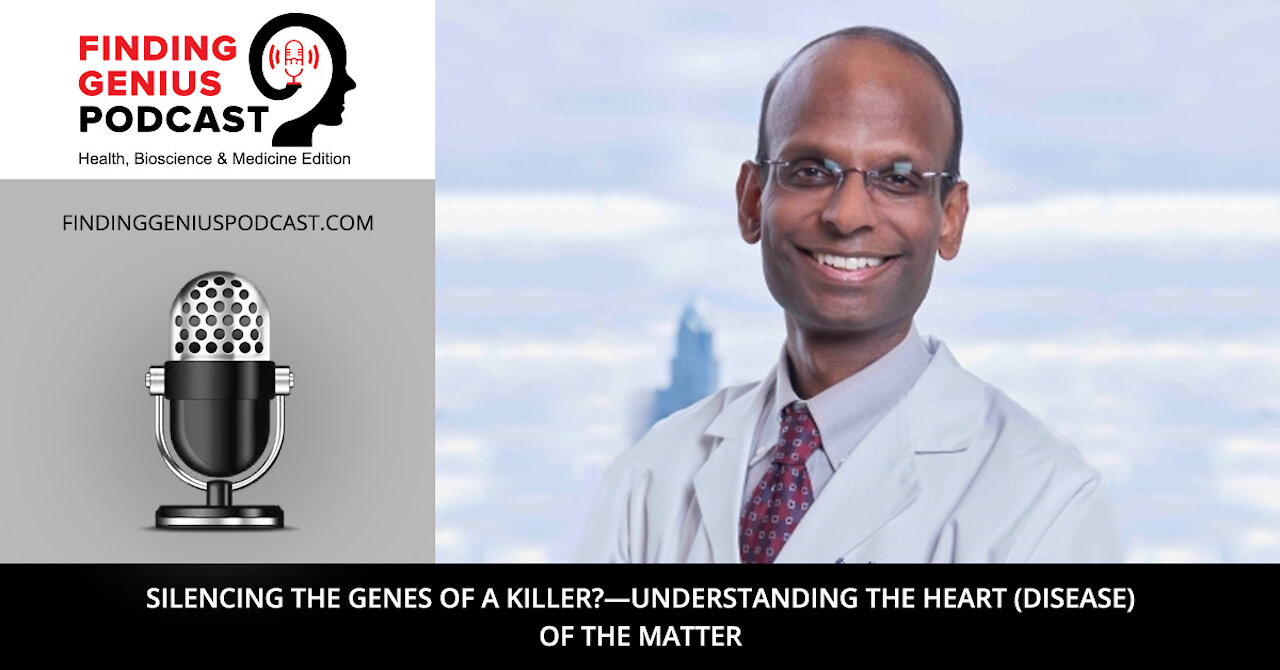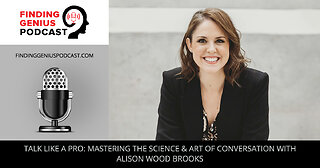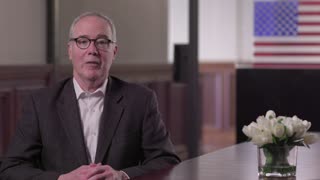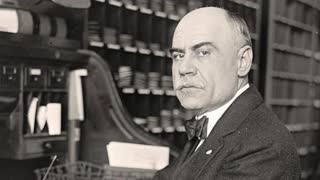Premium Only Content

Silencing the Genes of a Killer?—Understanding the Heart (Disease) of the Matter
The #1 killer in the world is heart disease—it doesn’t matter who you are or where you live, this killer doesn’t discriminate.
But does it have a code? And could it be cracked with the right technology?
Tune in to discover:
Why all of our cells would burst without cholesterol, but what happens when there’s too much of it
How CRISPR/Cas9 technology could hold the key to permanently low cholesterol levels (without the need for injections or pills), and a cure for sickle cell anemia
What lipid nanoparticles are, how they can be used to deliver genes to specific organs in the body, and why this is significant
Dr. Kiran Musunuru is a cardiologist, professor of medicine, and director of the Genetic and Epigenetic Origins of Disease Program at Perelman School of Medicine, University of Pennsylvania.
As the leading cause of death globally, he believes heart disease is the preeminent global health threat of the 21st century, and the greatest challenge facing the medical profession today. And this is driving him to take action.
Dr. Musunuru explains that, despite immense efforts put forth by some of the brightest scientists and doctors over the course of decades, treatment options for heart disease remain limited, mostly to cholesterol-lowering drugs. But he also explains how this is changing in light of the more recent revolution in genetics—namely, the completion of the Human Genome Project.
What’s the genetic difference between those who develop heart disease and those who don’t?
What genes influence heart health and disease, and could therapies based on this information prevent heart disease altogether?
These are the types of questions that Dr. Musunuru says can now be answered, and he’s doing just that.
Listeners will learn about the genetics behind heart disease and cholesterol levels, the details of Dr. Musunuru’s research and most recent findings, what the future of heart disease treatment and prevention might hold, and much more.
Learn more at https://www.med.upenn.edu/cvi/musunuru-laboratory.html.
Episode also available on Apple Podcasts: apple.co/30PvU9C
-
 41:53
41:53
FGP
1 day ago🌟 🎙️ TALK Like A Pro: Mastering Conversation with Alison Wood Brooks ✨
12 -
 2:19
2:19
THOTM
4 years agoThe Heart of the Matter - Trailer
133 -
 9:36
9:36
THOTM
4 years ago $0.01 earnedThe Heart of The Matter - Episode 1 - Introduction
172 -
 1:58
1:58
Tobinator0311
4 years agoA Matter of the Heart
19 -
 10:34
10:34
THOTM
4 years agoThe Heart of the Matter - Episode 3 - Thanksgiving (w/intro)
30 -
 8:17
8:17
THOTM
4 years agoThe Heart of the Matter - Episode 2 - America's Creed (w/intro)
84 -
 2:07
2:07
Sean Hannity
3 years agoTerrell: ‘Black Lives Matter Is the Heart and Soul of the Democratic Party’
4.41K112 -
 12:26
12:26
Brian Brown - Journeyman Healer
3 years agoAll Fathers Matter
85 -
 LIVE
LIVE
AP4Liberty
2 hours ago $2.69 earnedDonald Trump's Nod to the Libertarian Movement: A Free Ross Ulbricht
1,700 watching -
 LIVE
LIVE
Vigilant News Network
10 hours agoWINNING: Trump WITHDRAWS From the CORRUPT World Health Organization | The Daily Dose
1,436 watching